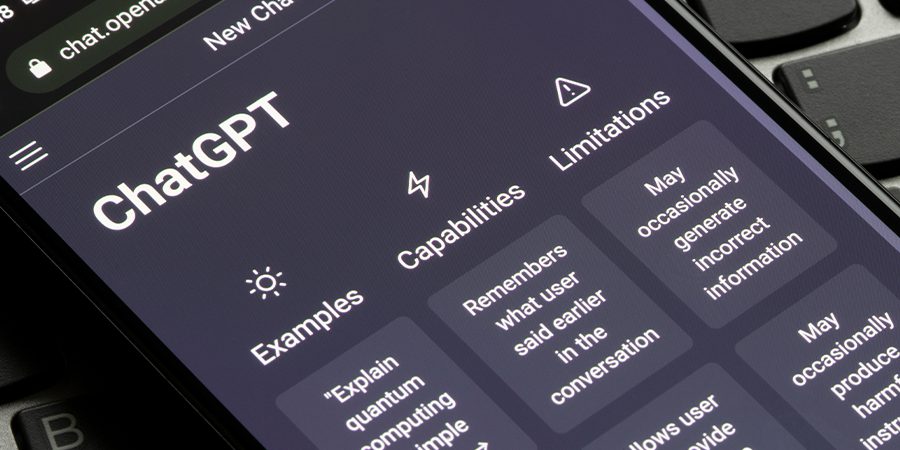In this article, we’ll delve into OpenAI’s recent announcement of an updated privacy feature, allowing users to turn off their chat history when interacting with the ChatGPT chatbot.
We’ll also explore the upcoming ChatGPT Business subscription and the export option for data management.
Key Takeaways:
- OpenAI now allows users to disable chat history in ChatGPT.
- Conversations won’t be saved to users’ accounts when chat history is turned off.
- OpenAI stores conversations for up to 30 days for monitoring purposes.
- The setting won’t apply to existing conversations with chat history enabled.
- OpenAI is launching a ChatGPT Business plan for more data control.
- The new export option allows users to download their ChatGPT data.
Turning Off Chat History: Enhanced Privacy for Users
OpenAI’s decision to allow users to turn off their chat history is a considerable privacy improvement.
This feature gives users the freedom to choose whether their conversations should be saved or discarded.
When chat history is disabled, OpenAI will not save the user’s conversations, nor will these conversations be utilized to train AI models.
This results in an increased level of privacy and a more secure user experience.
However, it’s essential to note that conversations will still be stored by OpenAI for up to 30 days, primarily to monitor for abuse.
After this period, the company will permanently delete the chats.
Keep in mind that this new feature won’t apply to existing conversations, which were held with chat history enabled.
Consequently, these chats may still be used for model training.
ChatGPT Business Plan: Tailored for Corporate Clients
In addition to the enhanced privacy features for individual users, OpenAI has unveiled its upcoming ChatGPT Business subscription.
This plan is specifically designed for companies that use ChatGPT, offering them more control over their data.
One of the main advantages of the ChatGPT Business subscription is that it preserves chat history while still opting out of its use for model training.
By default, business subscribers’ conversations will not be shared with OpenAI, ensuring an added layer of privacy and data protection.
This subscription plan is expected to arrive in the coming months, providing organizations with a tailored solution for their AI chatbot needs.
Export Your Data: A Simple Way to Manage Conversations
OpenAI has also introduced a new export option for users, making data management even more accessible.
This feature allows individuals to download their ChatGPT data in a convenient format, providing an easy way to keep track of their conversations.
To access this feature, users can log in to their ChatGPT account and select the three dots next to their email address in the bottom-left corner of the screen.
From here, they can click Settings > Show, toggle off the Chat History & Training setting, and select the Export data option.
Once the export option is selected, users will receive an email containing a downloadable file with their conversation history and other relevant information.
This feature ensures that individuals have full access to their data, promoting transparency and control.
Conclusion
OpenAI’s introduction of new privacy features, including the option to disable chat history, marks a significant step towards addressing users’ privacy concerns.
These enhancements provide greater control over personal data and contribute to a more secure user experience.
The upcoming ChatGPT Business subscription will cater to the unique needs of corporate clients, offering more robust data management features.
By default, business users’ conversations will not be shared with OpenAI, ensuring enhanced privacy.
The new export option empowers users to manage their chat data easily, keeping track of their conversations and maintaining control over their personal information.
Ultimately, these updates showcase OpenAI’s commitment to offering user-friendly solutions that adapt to the evolving needs of its diverse audience.
 Sections of this topic
Sections of this topic
















